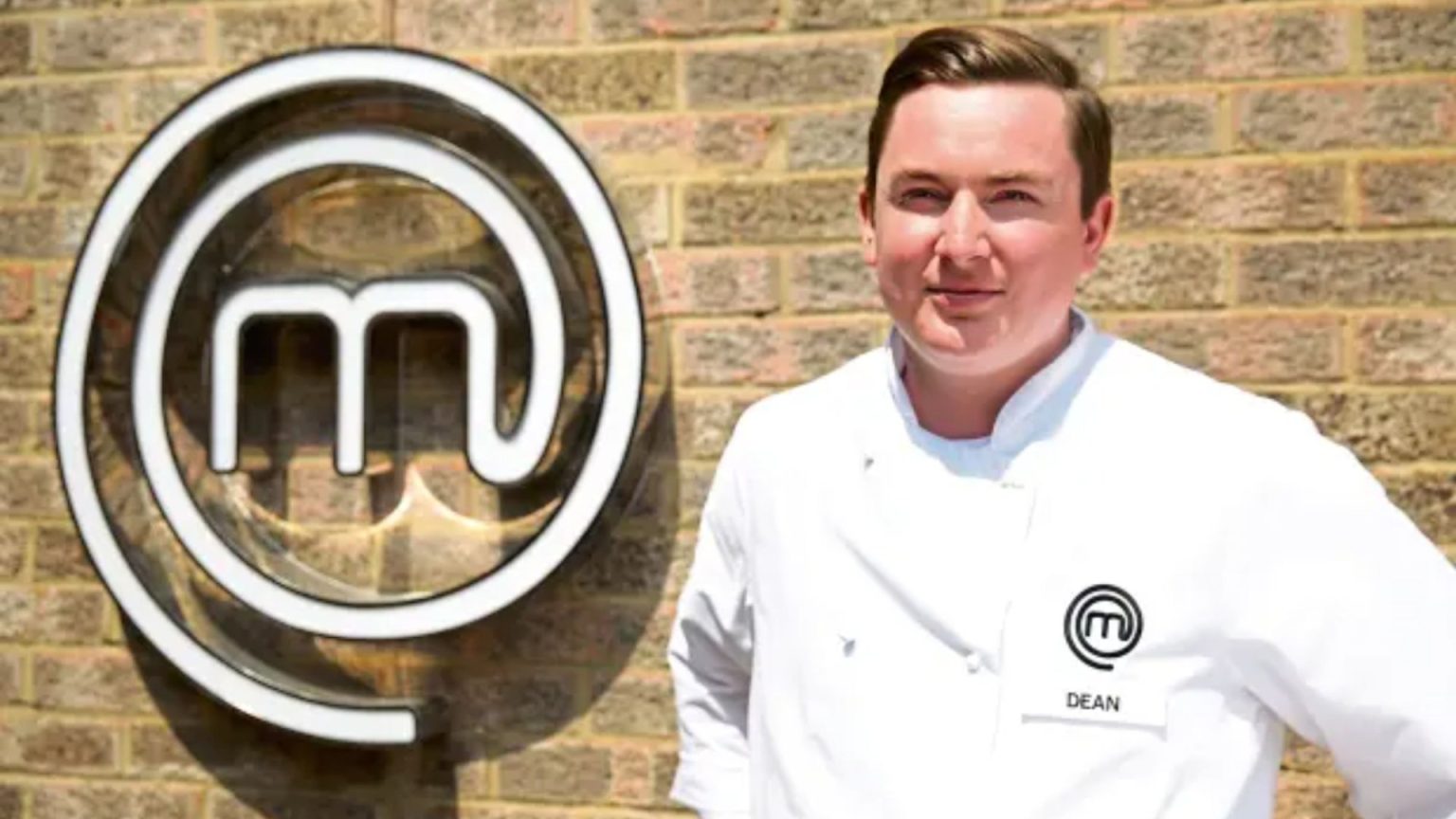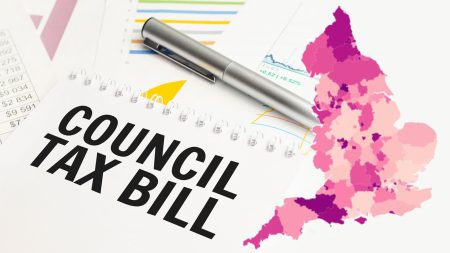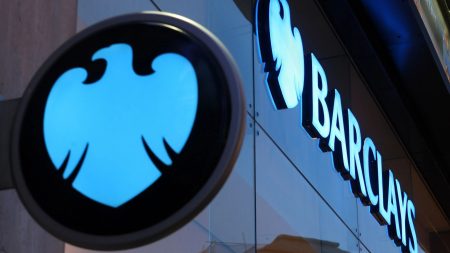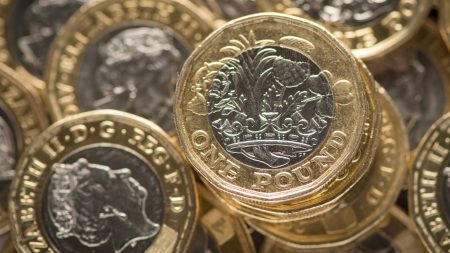The Tax Burden on Hospitality: A Chef’s Perspective
Dean Banks, a prominent figure in the culinary world and a finalist on MasterChef: The Professionals in 2018, has voiced strong criticism against the UK government’s tax policies, particularly the rise in National Insurance contributions. He argues that these policies have created a hostile environment for businesses, especially in the hospitality sector, and have forced him to abandon his ambitious plans to open a new 200-seat restaurant in Dundee. Banks asserts that the increased tax burden will stifle economic growth at a time when the country should be focusing on recovery and expansion. He draws a stark comparison with tax havens like Dubai, questioning the wisdom of operating within a system that seems intent on squeezing businesses dry.
The chef’s primary concern centers around the substantial increase in National Insurance contributions for employers, which rose from 13.8% to 15%. Compounding this issue is the simultaneous lowering of the threshold at which employers are required to pay this tax, dropping from £9,100 to £5,000. Banks estimates that these changes will add an additional £100,000 in costs to his business, a significant blow to any establishment, particularly in the current economic climate. He highlights the impact on casual workers, such as students and seasonal employees, who previously fell below the threshold and were exempt from these contributions. Now, with the lowered threshold and simultaneous increases in the National Minimum Wage, these workers and their employers face a double burden, a scenario Banks describes as "being attacked left right and centre."
Banks finds himself in a difficult predicament, torn between the need to cover escalating costs and the desire to avoid passing these increases on to his customers. He acknowledges that consumers are already grappling with inflationary pressures and rising prices, making him hesitant to further burden them with higher menu prices. He wishes for greater transparency, envisioning a system where diners could see a breakdown of menu prices, revealing the proportion allocated to the business versus the portion going towards taxation. This transparency, he believes, would illuminate the financial realities of running a restaurant and foster a greater understanding between businesses and consumers.
The chef’s frustration extends to the broader hospitality industry, where he fears many businesses will be forced to adopt a survival-focused strategy, merely aiming to break even rather than striving for profitability. Within his own restaurant group, which includes establishments like Haar in St Andrews, Dean Banks at the Pompadour, and Dulse Seafood and Wine in Edinburgh, he has already implemented cost-cutting measures, reducing staff by 20% through attrition. He expresses concern for the industry as a whole, anticipating that many will face unemployment as a direct consequence of these tax increases. While hopeful that the sector will weather the storm, he acknowledges the significant challenges ahead.
Banks’s experience reflects a broader concern within the business community about the impact of rising taxes. He argues that entrepreneurs are increasingly feeling like "tax machines," struggling to balance the demands of running a successful business with the ever-increasing burden of taxation. This sentiment underscores the delicate balance between generating revenue for public services and fostering a healthy business environment. Banks’s decision to cancel his expansion plans serves as a stark illustration of the potential consequences of excessive taxation, hindering investment and job creation. He calls for greater consideration of the impact of these policies on businesses, particularly in sectors like hospitality that are already facing significant economic pressures.
Banks’s critique of the government’s tax policy extends beyond the immediate financial implications. He questions the underlying philosophy that seems to prioritize revenue generation over fostering a thriving business ecosystem. He contrasts the UK’s approach with that of low-tax environments like Dubai, highlighting the potential for businesses to seek more favorable conditions elsewhere. This raises broader questions about the UK’s competitiveness in the global market and the long-term consequences of policies that may discourage investment and entrepreneurship. Banks’s outspokenness reflects a growing concern among business owners about the sustainability of the current tax regime and its potential to stifle economic growth and innovation.











